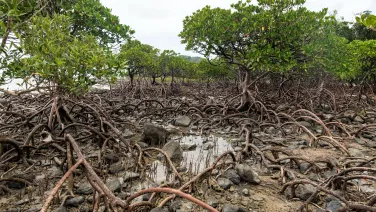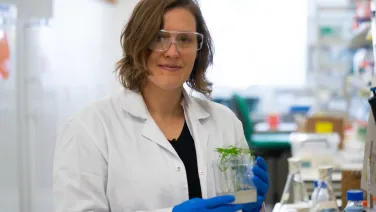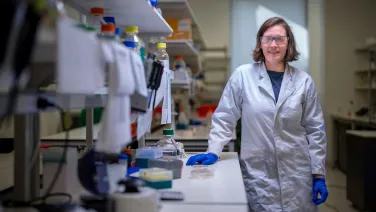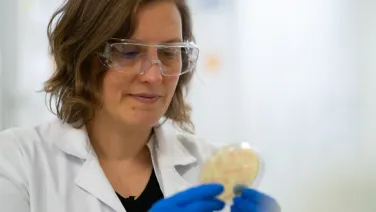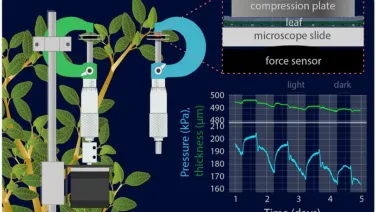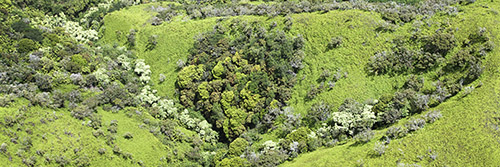
Plant environmental biology and functional ecology
Research on plant responses to environmental changes enhances our understanding of plant evolution, biodiversity, and climate adaptation. We explore how plants acclimate and influence ecosystem functions.
About
How plants respond to the environment is of fundamental importance to understanding plant evolution, biodiversity and responses to future climate change. At the Research School of Biology, we apply fundamental knowledge of plant function to understand how plants adapt and acclimate to different environments, and how this determines the function of plant-based ecosystems.


















